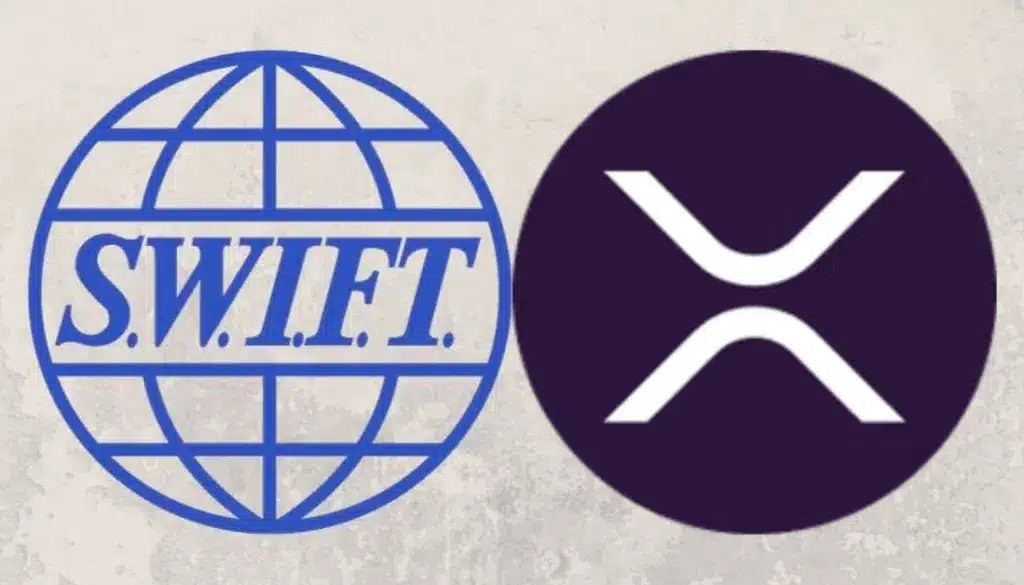A detailed comparison between XRP and SWIFT has renewed focus on the changing nature of international payments. According to crypto analyst XRP Update, XRP offers key improvements that challenge the dominance of SWIFT in the global financial system.
In a post shared on X, the expert outlined six major differences between the two platforms. These include settlement speed, transaction cost, technological design, the role of intermediaries, and regulatory status. All these points made it clear that XRP has certain advantages over other systems.
Also Read: Ethereum Flips Key Level as $3K Breakout Looms—Bulls Poised for Action
SWIFT is a system that helps banks relay messages safely when they handle international payments. Although it is trusted by many, its use of correspondent banking causes delays and normally requires approval from various people. Usually, a SWIFT transaction takes up to five days to complete.
On the other hand, XRP uses a decentralized blockchain system that makes transactions happen immediately. The system handles transactions in a short period and finishes them without involving many bank approvals. The XRP Update pointed out that rapid and easy transactions make XRP appealing to institutions.
XRP’s Infrastructure Aligns with Modern Financial Demands
Another difference is in cost. SWIFT-based payments often include fees such as processing charges, exchange rate spreads, and administrative expenses. These extra steps increase the financial burden on users, particularly for cross-border transactions.
Using XRP doesn’t require middlemen, which reduces transaction fees. This is especially useful for businesses and firms that regularly exchange large numbers of international payments. The post noted that having fewer middlemen results in lower barriers and better transparency.
The use of technology is essential in the comparison. With its decentralized ledger, XRP ensures it remains strong and doesn’t leave anything open to a single failure. By contrast to SWIFT, XRP gives anyone the ability to join and use its service without counting on legacy services.
Even with the lack of specific rules around XRP in America, XRP Update said the recent situation has not deterred major institutional players. Although SWIFT is well established, its systems are not very advanced.
The comparison shared by XRP Update outlines why XRP may be better suited for the future of cross-border payments. Its advantages in speed, cost, and efficiency make it a strong alternative to traditional systems like SWIFT.
Also Read: Coinbase Slashes Account Freezes by 82% After Major System Overhaul
